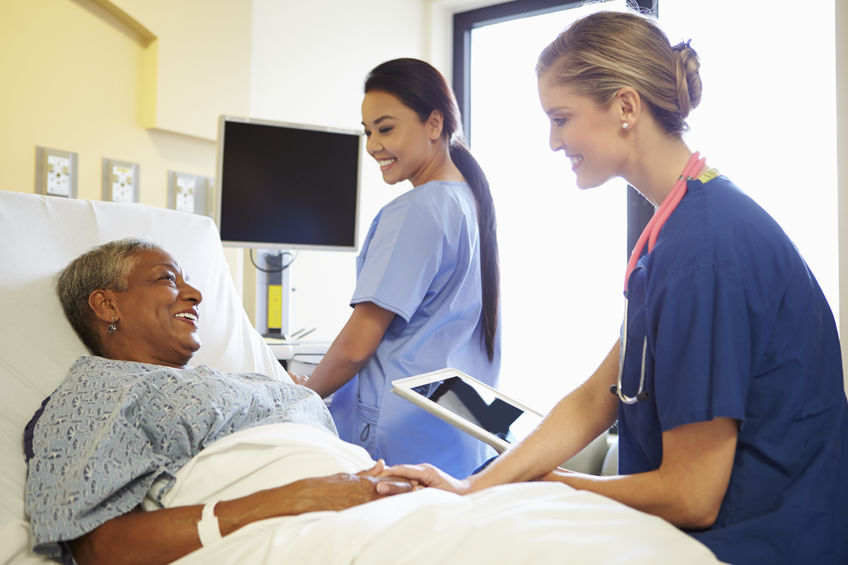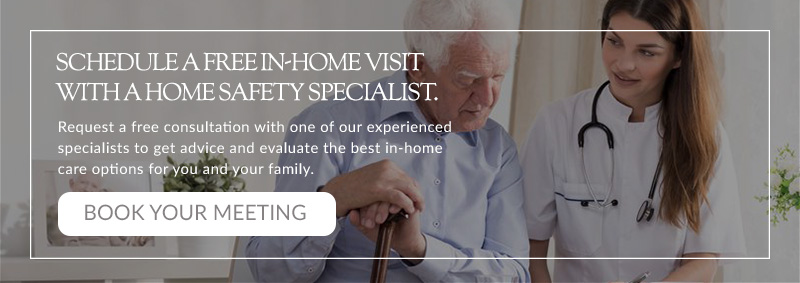
If you, or your loved one, are preparing to leave the hospital, you’re on the road to recovery! But wait, before you get discharged, it’s important to take care of a few things.
3 Important Things To Do Before You Leave The Hospital:
1. Determine what happens next
People typically heal faster and feel more comfortable if they can recover at home, instead of a hospital bed. But, when you’re at home, you won’t have nurses and doctors tending to your needs. Make sure that you understand your abilities and limitations. Are you ready to bathe, dress yourself, climb stairs, prepare meals, drive, shop, clean and run errands alone? Or, do you need a friend, family member or caregiver to help you?
If you have medical conditions that require more expertise, then you may want to look into Medicare In-Home Healthcare. This includes physical therapy, skilled nursing, occupational therapy, social work, home health aides and more. Your doctors or nurses will probably talk to you about this care while in the hospital. They may even recommend a local service, or one run through the hospital’s network. If you need in-home healthcare services, make sure to do some research. You may be able to find similar caregiving and skilled nursing services at a better price through another agency. It’s important to make sure that you have the resources and support you need to heal as quickly as possible at home and reduce your risk of hospital readmission.
2. Ask the right questions
Don’t be afraid to ask lots of questions. The hospital nurses and doctors are there to help you. Yes, they’re busy and have lots of other patients to see, but your recovery is important to them too. They will make the time to make sure that you are well-informed before you leave.
The first thing that you should do, is go over your medication list. Write down the name of whoever you can call if you have questions about your prescription. Tell them about any supplements or vitamins that you’re taking, and ask them if they could interact with your new medications.
Next, make sure that you understand what you need to watch out for. When you’re in the hospital, your doctor and nurses are keeping a keen eye on you to track your progress. What signs do you need to watch out for? If you get a fever or experience pain and swelling, who should you call? What would constitute another visit to the hospital?
3. Make sure to follow up
Ask your doctor for copies of your lab reports, diagnostic tests, medication lists and discharge reports. Make copies of these documents or, better yet, back them up by taking a picture of them or scanning them into your computer. These reports will equip your primary care physician with everything they need to understand what happened when you were at the hospital.
Ask your doctor at the hospital when you need to follow up with your primary care doctor. If you are advised to follow up with your general practitioner in a week, then ask a nurse or case manager at the hospital to call your doctor for you and schedule the appointment. It may be difficult to schedule an appointment when you need it, but having hospital staff communicate a sense of urgency for your visit can sometimes help you get bumped to an earlier date.

